Internet fraud is a cybercrime involving deceit and the use of the Internet. It may entail the concealment of facts or the provision of false information to defraud people of their hard-earned cash, assets, and inheritance.
It is a term used to describe various unlawful and criminal activities carried out in cyberspace rather than a separate crime. However, it differs from stealing in that the victim knows and deliberately gives the offender the information, money, or property in this instance. It also differs from other crimes because it includes criminals separated in time and space.
Research by the Centre for Strategic and International Studies (CSIS) and McAfee estimates that the cost of cybercrime to the world economy is $600 billion, or 0.8 percent of G.D.P. Online fraud takes many different forms. Spam emails and internet fraud are also included. Internet fraud can still happen even if it is largely or entirely focused on Internet usage and services.
In e-commerce, PayPal has almost completely replaced all other payment methods. Instead of repeatedly inputting their credit card information, expiration date, security code, and billing address, customers appreciate being able to make payments with only one login. Most e-commerce firms now accept PayPal as one of the available payment options since so many customers want to use it and because it’s reasonably simple to integrate into an existing checkout page.
With approximately 400 million users and billions of transactions processed yearly, PayPal is a titan in the online payment processing industry. For scammers aiming for a quick payout, PayPal is a desirable target due to the enormous frequency of transactions. However, the source of the security issue is not what you may anticipate.
Despite its benefits, PayPal still shares one trait with conventional credit card payments: fraud. PayPal deals with a never-ending barrage of frauds and fraud efforts that aim to steal money from other people’s pockets, just like any other payment processor. Let’s discuss the most typical PayPal scams and how e-commerce businesses may avoid becoming victims.
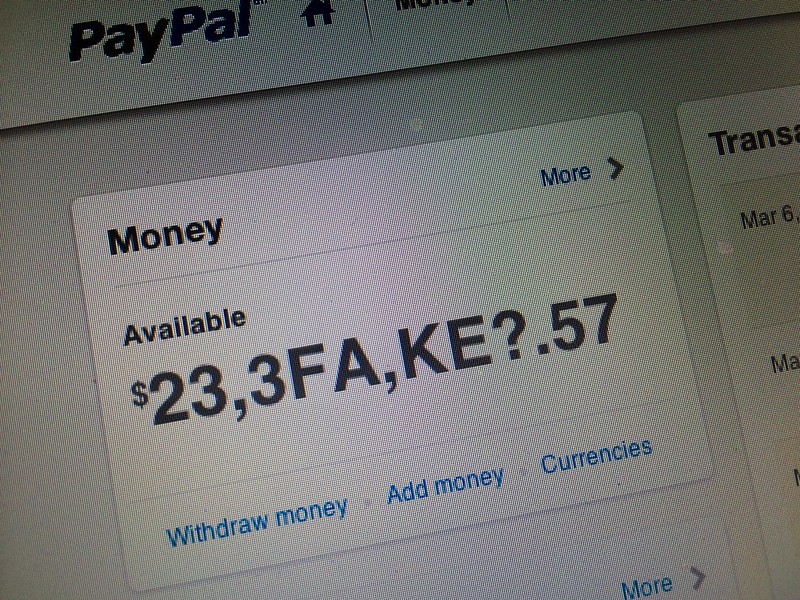
Types of PayPal Scams
Scams Using PayPal Email Shipping Address
The fraudster requests that the seller ship their purchased item to an invalid delivery address after the transaction has been completed and the money has been deposited into the seller’s PayPal account.
The shipping provider classifies the package as undeliverable in their system after multiple unsuccessful delivery attempts. The con artist then contacts the delivery service and provides them with a new, legitimate mailing address. When the con artist receives their package, they complain to PayPal, saying that the product was never delivered. Because their transaction data only includes the initial, incorrect address, the seller has no proof of delivery.
The seller loses both the item they delivered and the payment cash since PayPal’s Seller Protection doesn’t cover shipments made to addresses that aren’t on file. Check the validity of the mailing address before delivering the package to avoid these scams, and discuss with your shipping provider how to prevent consumers from rerouting orders.
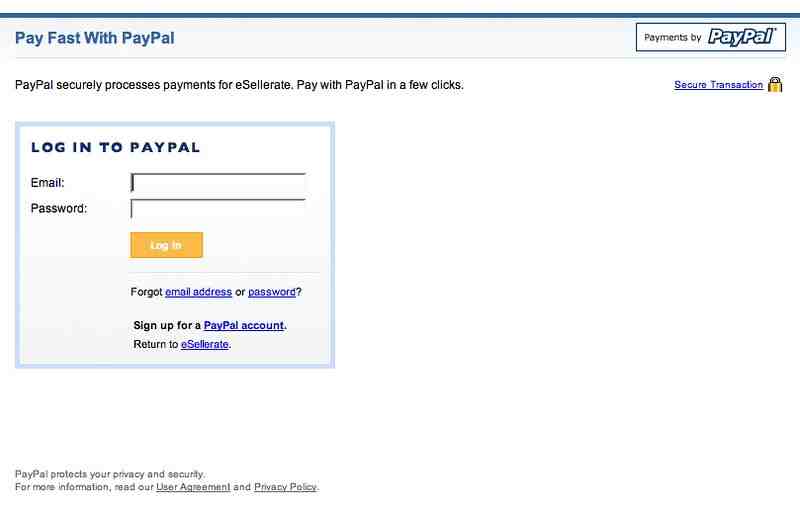
PayPal Email Overpayment Scams
Scammers may transfer funds to a seller’s PayPal account that are greater than the price of the item they buy. When they realise they overpaid, they will tell the vendor and request a refund of the difference.
The fraudster complained to PayPal that their account was compromised and that they never intended to submit a payment to the seller in the first place when the seller returned the overpaid money. Even if the seller hasn’t yet sent the purchased goods, they still lost the “overpaid” money they sent back since PayPal reimburses the whole initial payment to the con artist.
Fortunately, it’s simple to spot this scam. One approach is to flat-out refuse to take any PayPal direct payments and demand that clients utilise the checkout process. Even if you want to accept direct payments, you can still prevent this scam by refunding the entire purchase and requesting a new payment for the correct purchase amount.
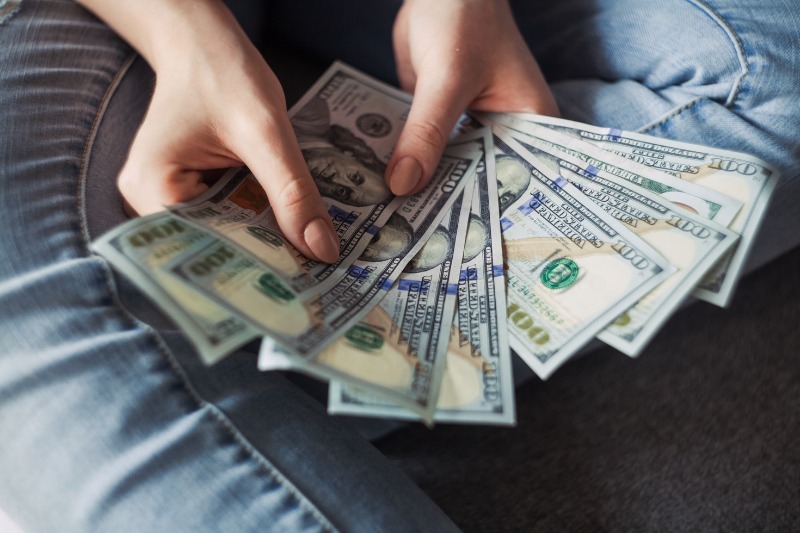
PayPal Fake Email Scam
PayPal has to be among the most popular firms that fraudsters pretend to be. The payment service is frequently impersonated in emails, has its website, and has its name associated with a variety of wrongdoing by ne’er-do-wells worldwide.
Due in part to PayPal’s widespread use anywhere you reside, there’s a good chance you’ve heard of PayPal. Therefore, it should not come as a surprise that PayPal is in the news once more due to counterfeit emails sent by fraudsters to infect computers with the Trickbot virus.
One Paypal fraud is an email that falsely claims there is a “problem with your account.” The goal here is to frighten you into opening the email. It is followed by material persuading you to click on an email link that eventually takes you to a phishing website.
People should be on the alert for emails purporting to be from Service@PayPal.com that have the subject “PayPal account warning,” as was originally reported by My Online Security. The email contains a malicious word document that spreads the Trickbot banking malware and poses as a Data Verification Form.
Noreply@administrationservpaypal-a.tk, a lookalike domain that may be mistaken for the real thing, is where the email truly comes from. If we’re being really honest, this counterfeit email is terrible. I’d like to think that anyone with a keen eye could take one glance at this and swiftly determine that it was a fake.
To begin with, the email’s real address differs from the one that the sender displays. However, they did at least provide the accurate address for PayPal’s San Jose offices to their credit. There is also no header or footer, the line breaks are strange, and the English are weird. It goes without saying that you shouldn’t open an email like this.
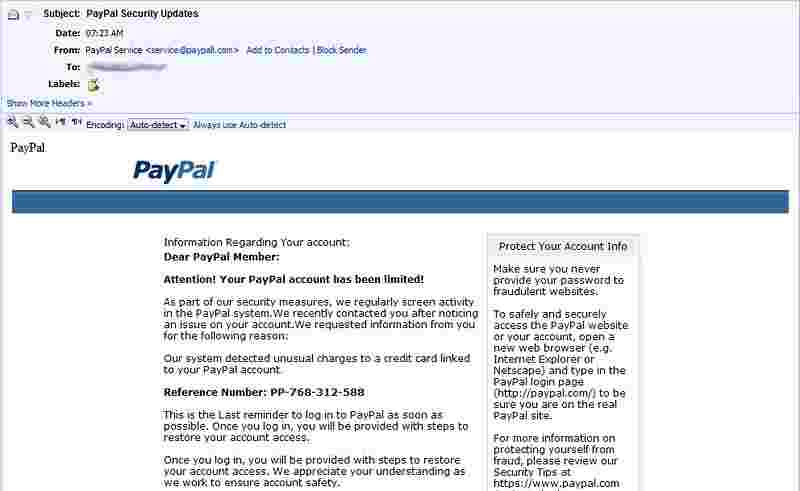
Sellers may get fraudulent emails purporting to be from PayPal from scammers, informing them that money has been transferred into their accounts but that PayPal has put a hold on the funds and won’t release them unless the seller provides a shipping tracking number.
PayPal doesn’t truly hold money in this way. The con artist is counting on the seller to hurry the shipment and provide a tracking number to get the money. The fraudster will receive the item they never paid for after it has been sent, and the seller will ultimately find that PayPal never held the money for them.
A fraudulent email might result in genuine product shipping since many vendors use the consumer information from these emails to ship the item out immediately. There is nothing PayPal can do to safeguard vendors from this fraud because it doesn’t travel through their systems in the slightest.
With a new wave of scam letters emerging in people’s inboxes left, right, and centre, PayPal scams don’t seem to be going away soon, and there are constantly new cautions about them. We explain how to recognise a PayPal scam and what to do if you have been a victim of one, including emails claiming that there has been suspicious activity on your account or that you need to verify your password.
Lost money to online fraud? We will recover your funds !
What Does a Fake PayPal Email Look Like?
The unusual characters or random digits in the sender’s email address, the beginning “Dear Customer,” and the sense of urgency it conveys are the telltale markers for most scam emails.
This should raise red flags if the sender’s address contains seemingly random letters and numbers. The same goes for emails that claim “there has been suspicious activity on your account” or “you submitted a payment to XXX; if you did not make this payment go here.”
Customers responding in fright are the target of fraudsters. People are likely to click the phoney link without thinking because they fear their account has been hacked, depending on what the email claims. Hovering over the link will also show you where it will take you; just be careful not to accidentally click it!
If you’re a victim of a similar scam please get in touch with us to that we can help you get your money back!
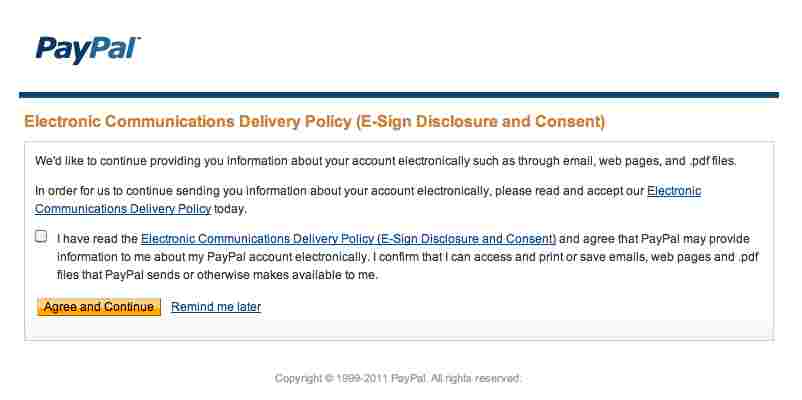
How to Know If PayPal Email is Legit?
According to PayPal, if there is an issue with your account, you will be notified via the website or mobile app’s messaging centre.
A real communication from PayPal would start with “Dear Customer” rather than your name. The best method to monitor what’s happening is to log into your account directly and avoid opening any email links (if anything). Avoid responding or opening any attachments; if in doubt, get in touch with PayPal to be certain.
How to Report a Fake PayPal Email?
PayPal has a specific email address, spoof@paypal.com, where you can report any bogus emails, and they’ll look into it. After receiving a scam email, sign in to PayPal and quickly update your password and security questions if you give any personal information.
You may use their online reporting form or call Action Fraud at 0300 123 2040 to report it. Additionally, your email service provider might be of assistance. Most email providers provide a report feature that lets you designate an email as spam and then mark it as a phishing scheme that will notify the sender after it’s in your spam folders.

How to Protect Yourself Against Fake Paypal Email Scams?
Even if it’s getting harder to distinguish between a real email or website and a phoney one, taking the necessary steps can help keep your PayPal account and personal information secure.
- Go directly to PayPal and log in to check whether you get an email suggesting there’s an issue with your online account.
- If the email creates a sense of urgency by stating that your account will be closed if your password is not updated immediately, log back into PayPal directly.
- Do not reply to the email or click on any attachments from unidentified sources.
- Most email providers will automatically place emails from unfamiliar sources into junk/spam folders, so ensure you have any spam filters enabled through your email provider.
- You won’t get emails from any suspect senders again if you add their email addresses to your ban sender lists.
Keep an eye on your PayPal account; even if you don’t use it frequently, it’s wise to go in sometimes to ensure everything is in order. To assist in safeguarding your account, look over the history of your payments and be sure to develop a strong password.
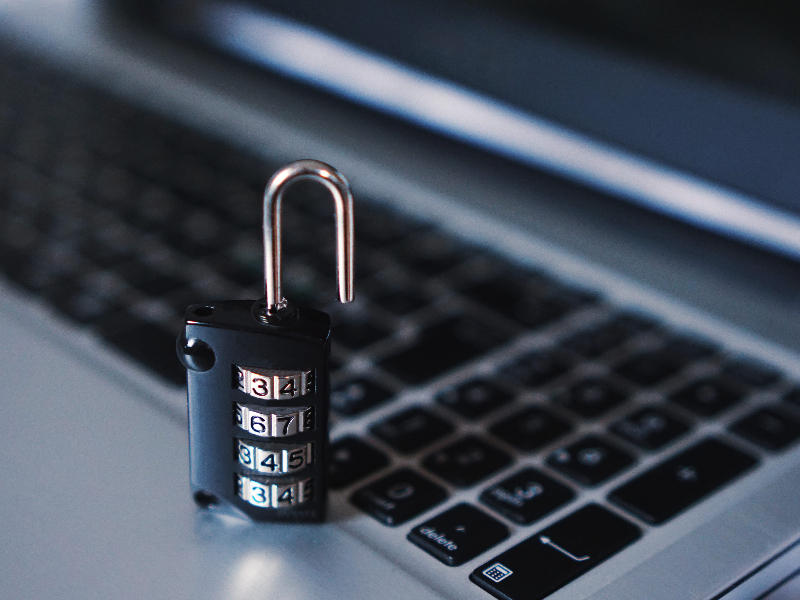
Key Takeaways!
With good reason, PayPal is one of the most widely used online payment methods worldwide.
It provides buyers and sellers with a simple, practical, and secure way to transact in various currencies with virtually anybody, anywhere. It’s critical to be aware of the methods fraudsters would attempt to use PayPal to steal from you to optimise your safety when utilising the service.
Your PayPal account will be protected if you are aware of the most common PayPal scams and know how to prevent falling victim to one.



